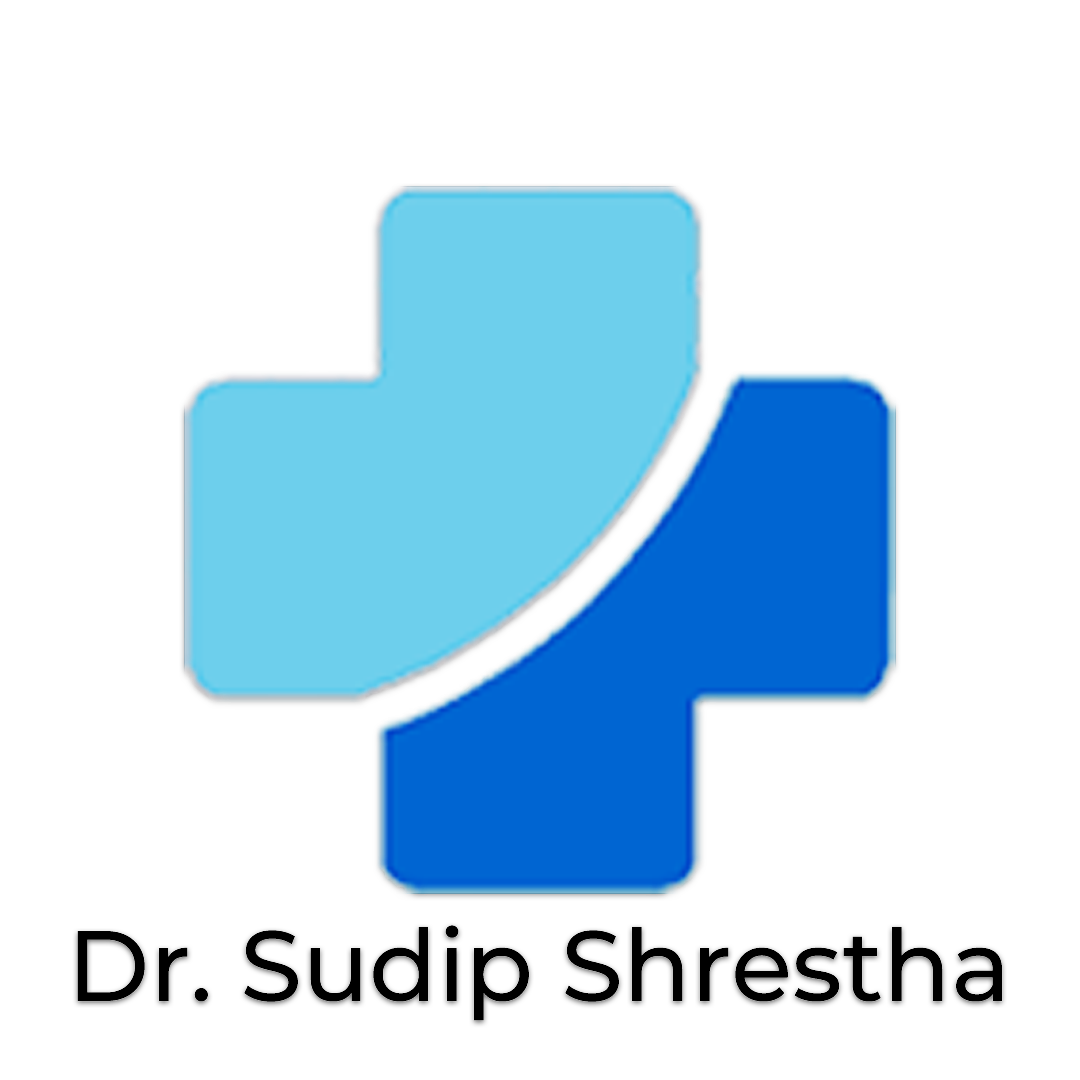A well-balanced and nutritious diet plays a vital role in providing essential nutrients, supporting the immune system, minimizing treatment side effects, and improving overall quality of life for cancer patients. In this article, we will explore five diet plans that can be beneficial during cancer treatment, helping patients optimize their nutritional intake and manage common challenges they may face along the way.
Your body’s immune system can be weakened by cancer and its
treatment by affecting the blood cells that protect us from disease and
germs. This makes your body less effective at fighting infection and
disease than a person who is healthy.
It is inevitable that your body will not be able to defend itself very well
during cancer treatment. Because of this, you might not have enough
white blood cells to fight infection for some time. A doctor may advise
you to stay away from germs that may cause infection. Avoiding or eating certain kinds of foods will not raise your white blood cell counts. But, you can definitely keep yourself healthy by doing so.
Possible Side Effects of Cancer Treatment
Nausea and Vomiting
Feeling sick and throwing up are the symptoms of nausea and vomiting.
Having them together is common. Nausea and vomiting can be caused
by cancer and its treatments. The anti-nausea medicine you take at home
after chemotherapy will be prescribed with your treatment. Many people
feel better after receiving this treatment, but some may still feel sick or
vomit.
Constipation
If you are constipated, you have hard, difficult bowel movements.
Different factors can contribute to it, including the following:
- Drugs used to treat nausea and chemotherapy
- Medicines for severe pain
- Consuming fewer fiber
- A lack of movement
- Drinking too little water
- Eating insufficiently.
Diarrhea
The symptoms of diarrhea include frequent loose, watery bowel
movements. Moreover, cramps and pain may accompany the urge to go
to the bathroom. The causes of diarrhea include chemotherapy, radiation
therapy, immunotherapy, certain types of surgery, medicines, infections,
food reactions, and anxiety.
Loss of Appetite
Loss of appetite refers to the feeling of not wanting to eat. In addition to
feeling sick, not enjoying the smell of food, and worrying about the
diagnosis and treatment, this may be caused by the side effects of cancer itself or the treatment. It is possible for weight loss and
malnutrition to be accompanied by a loss of appetite.
Problems in Chewing and Swallowing
It takes the cooperation of your lips, teeth, tongue, jaw, and throat
muscles to chew and swallow. The jaw, mouth, and throat areas can be
affected by radiation therapy or surgery. Sometimes, these changes can
be permanent, but they are usually temporary.
Changes in Taste and Smell
Food can have a different taste or smell after some treatments. In order
to regain your sense of taste, it may take a few months. Sometimes,
changes are permanent. Water can even be a problem for some people.
Drinking enough water each day and swallowing medicine with water
may be difficult due to this condition.
Benefits of Good Diet During treatment
You don’t have to worry about getting enough calories and nutrients
when you’re healthy. It is recommended to eat lots of vegetables, fruits,
and whole-grain products; limit red meat consumption, especially
processed or high-fat meat; avoid fat, sugar, alcohol, and salt; and
maintain a healthy weight. Having side effects or feeling ill can make it
difficult to do these things when you’re being treated for cancer.
Cancer and its treatments can affect how you eat, which makes good
nutrition even more important. Besides affecting food tolerance, they
can also affect nutrient absorption. To withstand the effects of cancer
and its treatment, you may need to change your diet during cancer
treatment. It may mean eating foods you don’t normally recommend
when you are healthy.
Cancer patients have varying nutritional needs. It is possible to identify
your nutritional goals with the assistance of your cancer care team. If you
eat well while being treated for cancer, you may benefit from:
- Sense of well-being
- Keep your energy and strength up
- Keep your weight and nutrients in check
- Tolerating side effects related to treatment more easily
- Infection risk can be reduced
- Faster healing and recovery.
Foods to Choose During Cancer Treatment
For your body to fight cancer, you need to eat a variety of foods. In
addition to proteins, fats, carbohydrates, and water, these nutrients also
contain vitamins and minerals.
Proteins
Keeping our immune systems healthy and growing requires protein. You
may need to break down muscle for fuel if you don’t get enough protein
in your diet. Consequently, recovering from illness takes longer and
infection resistance is lowered. Cancer patients often require more
protein than normal. Protein is needed to help heal tissues and prevent
infection after surgery, chemotherapy, or radiation therapy.
Fats
Nutrition relies heavily on fats. Our bodies are fueled by fats and oils. In
addition to storing energy, insulating tissues, and transporting vitamins
through the blood, the body breaks down fats. There are several types of
it, including:
- Monounsaturated fats
- Polyunsaturated fats
- Saturated fats
- Trans fats.
Carbohydrates
Energy comes primarily from carbohydrates in the body. During physical
activity and for proper organ function, the body requires carbohydrates
for fuel. Whole grains, fruits, vegetables, and legumes are the best
sources of carbohydrates as well as vitamins, minerals, and fiber.
Water
Liquids and fluids are essential for health. A cell’s ability to function
relies on water. Dehydration can result from not drinking enough fluids
or losing fluids through vomiting or diarrhea. This can lead to a
dangerous imbalance in the fluids and minerals that are necessary to
keep your body functioning. To make sure that all the body cells get
enough fluid, a person should drink about four 8-ounce glasses of liquid
every day.
Vitamins and Minerals
In order to use food’s energy properly, your body needs vitamins and
minerals. Natural sources include foods, but supplements are also
available as pills and liquids. It is usually possible to get plenty of
vitamins and minerals by eating a balanced diet that includes enough
calories and protein.
How to Cope with The Side Effects of Cancer Treatment?
If you are experiencing side effects as a result of your treatment, you
may benefit from some dietary changes. There are several side effects
associated with this:
Nausea
- Slow down when eating
- Keep your food portions small and eat frequently
- Foods that are bland, low in fat, and salty work best
- Drinks should be cool and clear
- Keep your favorite foods to a minimum.
Vomiting
- If you are vomiting, don’t eat or drink anything
- A tiny amount of clear liquid can be helpful
- Every 10 minutes, start with 1 teaspoon
- You can try a bland diet after these liquids are tolerated
- Once you feel better, increase your potassium and magnesium
intake.
Constipation
- Include foods high in fiber in your diet
- For cereals, you should aim for 5 grams of fiber per serving
- Hot cereals and yogurt can be enhanced with unprocessed wheat
bran - You should increase your fiber intake gradually if you aren’t used to
it - Stay hydrated by drinking 8 to 10 glasses of water a day.
Diarrhea
- Dehydration can be prevented by drinking plenty of water at room
temperature - Carbonated beverages should be allowed to lose their fizz or stirred
before consumption - Increase your intake of potassium-rich foods
- Eat small, frequent meals
- Don’t eat fried or greasy foods.
Loss of appetite
- The ideal number of meals and snacks per day is three
- At this time, you should choose foods high in calories
- Keep snacks on hand between meals
- Take special considerations into account
- Make an advance plan for your daily menu.
Problems in chewing and swallowing
- Snack and eat frequently
- Reduce the size of foods by cutting or grinding them
- Make sure to choose soft or easily cooked foods
- Supplement your diet with liquids
- Make your family’s food pureed using a blender.
Changes in taste and smell
- If red meat tastes metallic, don’t eat it
- Try tart foods when foods lack taste
- Try eating cold or room temperature foods when they taste or smell
funny - Spiced or marinated foods are good choices
- You can use hard candies between meals to get rid of bad tastes.
Foods to Avoid For Cancer Patients
It is common for people with cancer not to have much appetite,
particularly during or after treatment. Both the disease and treatment
require good nutrition to help your body cope. In order to prevent
cancer, you must avoid certain foods and eat healthy foods.
Unpasteurized Dairy Products
During cancer treatment, you can’t protect yourself as well as you
normally can. There is a possibility that raw dairy products, including raw
milk, raw yogurt, and soft cheeses, could contain bacteria that can cause
illness. Cow, sheep, and goat products fall under this category.
Raw Eggs
Infection from contaminated egg products can have similar symptoms to
those caused by contaminated dairy products when cooked improperly.
Raw eggs are commonly consumed in smoothies. Fruit and vegetable
smoothies can be healthy, but adding raw eggs can make them unsafe.
Unwashed Produc
No matter how pre-washed a produce item is labeled, it should still be
washed before you eat it. If you grow your own fruits and vegetables,
especially leafy ones, you should be extra cautious.
Undercooked Meat
Bacteria and viruses may cause foodborne illness if raw meat, poultry, or
seafood is undercooked. A minimum internal temperature of 145 degrees
Fahrenheit is required for cuts of beef, pork, veal, and lamb.
Raw Vegetable Sprouts
A growing trend in everyday cuisine is the use of raw vegetable sprouts.
A salad with them adds visual appeal, crunch, and health benefits.
Contamination has also resulted in recalls of these sprouts over the
years.
Left Out Foods
When attending a buffet-style dinner at a friend’s home or your own
home, avoid foods left out at room temperature for more than two hours
that should be hot or cold. It is recommended to keep hot foods at 140
degrees Fahrenheit or higher and cold foods at 40 degrees Fahrenheit or
lower.
Junk Food
It may be tempting to eat junk food when you’re hungry or craving
something. While you are undergoing cancer treatment, chips and fast
food meals won’t provide your body with the nutrients it needs.
Spicy Foods
Radiation and chemotherapy can cause mouth sores, sore throats,
nausea, and vomiting as side effects. Sour, tart, acidic or spicy sores
should be avoided in such cases.
In conclusion, maintaining a healthy and well-balanced diet is of utmost importance during cancer treatment. The five diet plans discussed in this article offer valuable guidance and support for individuals undergoing cancer treatment, helping them optimize their nutritional intake and manage common challenges they may face.
Remember, you are not alone in this battle. Seek support from healthcare professionals, nutrition experts, and cancer support networks to ensure you have the necessary resources and guidance to make informed decisions about your diet and nutrition during cancer treatment. Together, we can strive for a healthier and brighter future.

Dr.Sudip Shrestha
Founder & Executive Chairman
Sr. Consultant Medical Oncologist
Nepal Cancer Hospital & Research Center
Designation: Founder and Chairman, Senior Consultant Medical Oncologist
Qualification: MBBS, MD, Post Graduate Training in Medical Oncology
Department: Medical Oncology
Special interest: Chemotherapy, Immunotherapy, Targeted Therapy, Precision Medicine



